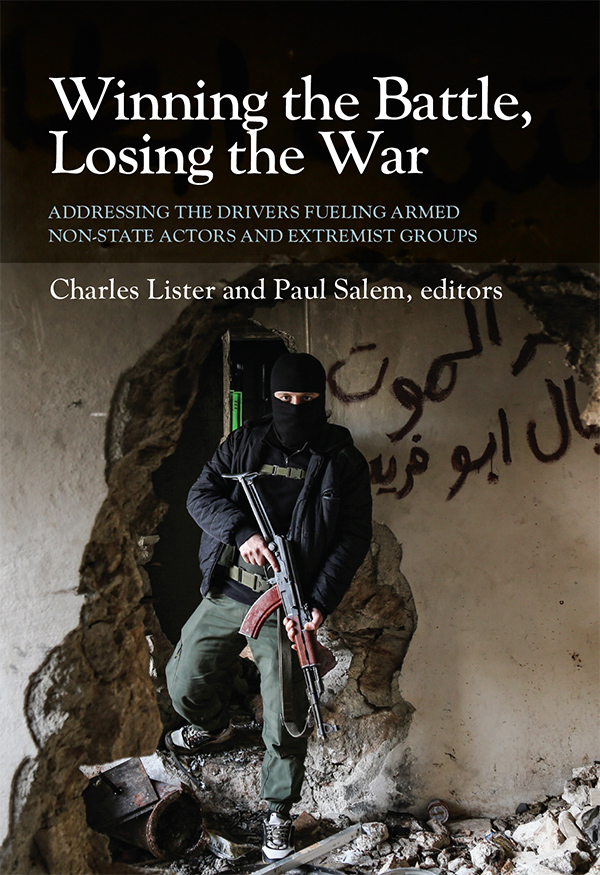
Since launching the so-called “War on Terror” in the aftermath of the attacks of September 11, 2001, the United States has become adept at militarily quashing perceived terrorist threats. The U.S. homeland has arguably never been safer than it is today, and al-Qaeda’s leadership has been forced into hiding, operating as a shadow of its former self. However, the onset of crippling instability that hit swathes of the Middle East and North Africa beginning in 2010 and 2011 created conditions in which terrorist organizations have not only recovered, but thrived. The dramatic growth of ISIS in Iraq and Syria in 2014 represented the emergence of the world’s most powerful terrorist organization and facilitated its expansion across all corners of the world. Faced with new competition, al-Qaeda affiliates adapted, often experimenting with new modes of operation. Iran, meanwhile, empowered by its Lebanese proxy Hezbollah, has developed extensive militant networks in the region, transforming power dynamics in Iraq, Syria, and Yemen. In the midst of this chaotic environment, in which terrorist threats have multiplied and diversified, the U.S. and its allies have won a great many battles, but are still losing the war.
Details
Print Length: 254 pages
Publisher: Middle East Institute (October 2019)
ISBN: 978-1695628618
Purchase
This book is available for purchase through Amazon in paperback or for Kindle.

More MEI Publications
Browse other books and e-books edited and written by MEI's leading regional experts.











